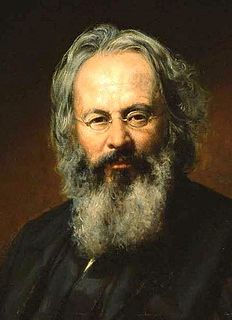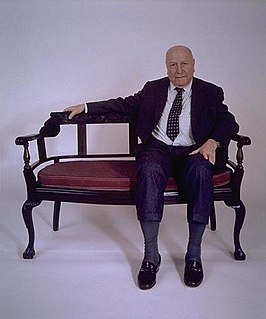A Quote by Orestes Brownson
The immortality of the soul is assented to rather than believed, believed rather than lived.
Related Quotes
But I'd rather help than watch. I'd rather have a heart than a mind. I'd rather expose too much than too little. I'd rather say hello to strangers than be afraid of them. I would rather know all this about myself than have more money than I need. I'd rather have something to love than a way to impress you.
The Four Noble Truths are pragmatic rather than dogmatic. They suggest a course of action to be followed rather than a set of dogmas to be believed. The four truths are prescriptions for behavior rather than descriptions of reality. The Buddha compares himself to a doctor who offers a course of therapeutic treatment to heal one’s ills. To embark on such a therapy is not designed to bring one any closer to ‘the Truth’ but to enable one’s life to flourish here and now, hopefully leaving a legacy that will continue to have beneficial repercussions after one’s death. (154)
If Christianity cannot present evidence that the soul is immortal, then they have nothing to offer the masses, eternity in heaven with God or hold over their heads suffering forever in hell. They need the immortality of the soul. I did my research, it's not in the Bible, so what do they do? They relied on Judaism, which has always believed in the immortality of the soul. I start checking on that and I look in the Judaica Encyclopedia and what do I find? Their remark that Judaism probably got the immortality of the soul from the Greeks, so I go back further, where it all started with Plato.
As I’ve said, I’ve never believed in God, which technically makes me an atheist (since the prefix “a” means “not” or “without”). But I have problems with the word “atheism.” It defines what someone is not rather than what someone is. It would be like calling me an a-instrumentalist for Bad Religion rather than the band’s singer. Defining yourself as against something says very little about what you are for.




































